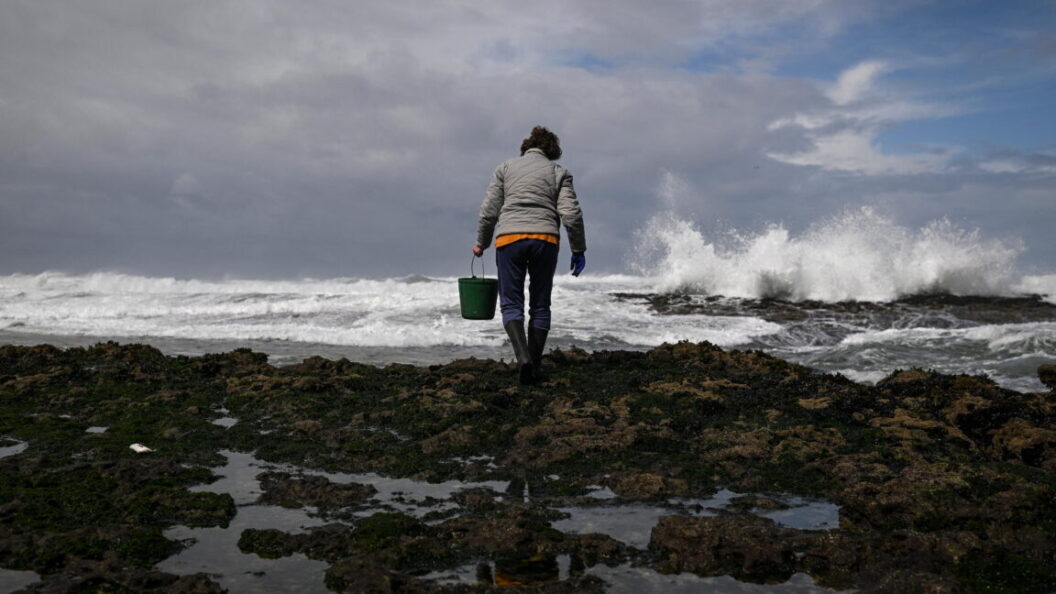Alarming Study Reveals Ocean Acidification Has Crossed Critical Threshold
A recent study underscores the escalating crisis facing the world’s oceans, indicating that marine ecosystems are deteriorating at a far greater rate than previously acknowledged. Published on Monday in the journal Global Change Biology, the research reveals that ocean acidification—a process whereby the ocean absorbs excess carbon dioxide from the atmosphere, resulting in increased acidity—has breached a crucial "planetary boundary."
Findings from the Study
The research, involving scientists from Oregon State University, the UK’s Plymouth Marine Laboratory, and the National Oceanic and Atmospheric Administration (NOAA), shows that as of 2020, the oceans had entered a precarious state concerning acidity levels. Specifically, the study highlights a significant drop in calcium carbonate—essential for many marine organisms to develop their shells. By current estimates, calcium carbonate levels are approximately 17% lower compared to pre-industrial levels, inching dangerously close to the 20% threshold that is considered the "danger zone."
Nina Bednaršek, a senior researcher at Oregon State University and co-author of the study, emphasized the far-reaching implications of the findings: “A lot of people think it’s not so bad, … but what we’re showing is that all of the changes that were projected, and even more so, are already happening.” This statement serves as a stark reminder that marine degradation is not limited to specific areas but is a global phenomenon.
Implications for Marine Life and Human Economies
The repercussions of ocean acidification extend beyond environmental concerns; they pose a significant threat to marine biodiversity and coastal economies. Steve Widdicombe, director of science at the Plymouth Marine Laboratory, elaborated on this issue in a press release: “Ocean acidification isn’t just an environmental crisis, it’s a ticking time bomb for marine ecosystems and coastal economies.” As acidity levels rise, critical habitats essential for marine species are diminishing, showcasing a worrying link between environmental health and human livelihoods.
For many coastal communities worldwide, the ramifications could be dire. Decreasing populations of shellfish and other marine life can disrupt local fishing industries, impacting economic stability. The study marks ocean acidification as one of nine crucial planetary boundaries—alongside climate change—which, if transgressed, jeopardizes humanity’s ability to thrive.
Addressing Controversies and Misconceptions
Despite the grave nature of these findings, there remains a degree of skepticism among some circles regarding the urgency of the issue. Critics often argue that current predictions are based on uncertain data. However, the consensus among researchers suggests that the accelerating pace of ocean acidification reflects a long-term trend associated with human activity, primarily the burning of fossil fuels.
Conclusion: The Need for Immediate Action
The conclusions drawn from this study serve as a clarion call for immediate action. As planetary boundaries are crossed, the narrative shifts from one of gradual decline to an urgent need for interventions to mitigate the impacts of climate change and ocean acidification. Policymakers and scientists alike must work together to develop strategies that address these challenges, safeguarding ocean health for future generations. The study highlights the pressing necessity to rethink our interactions with marine environments and make more sustainable choices to temporarily reverse some of the damage done.
In summary, while many may underestimate the seriousness of ocean acidification, this research illustrates a profound and immediate threat that beckons a comprehensive global response. The health of our oceans is intrinsically linked to the well-being of our planet, and recognizing this relationship is essential for ensuring a sustainable future.









